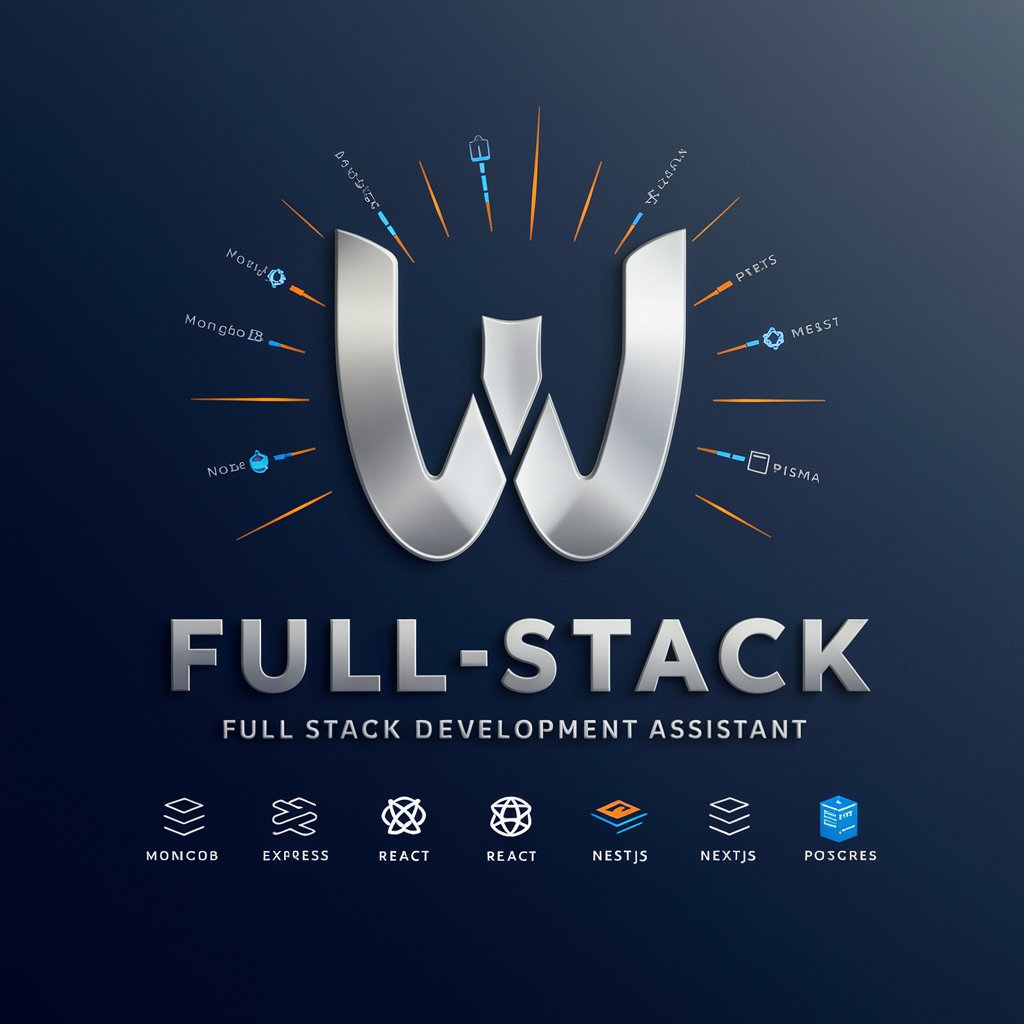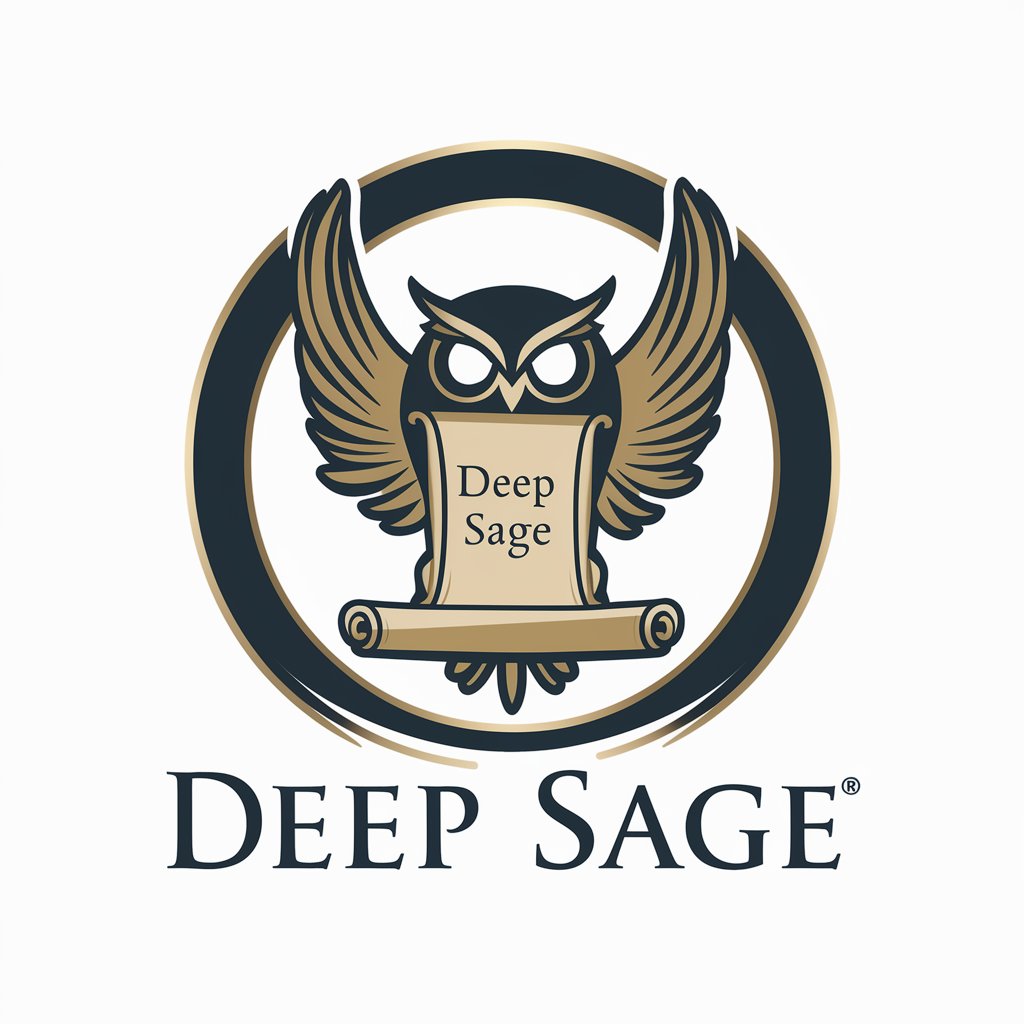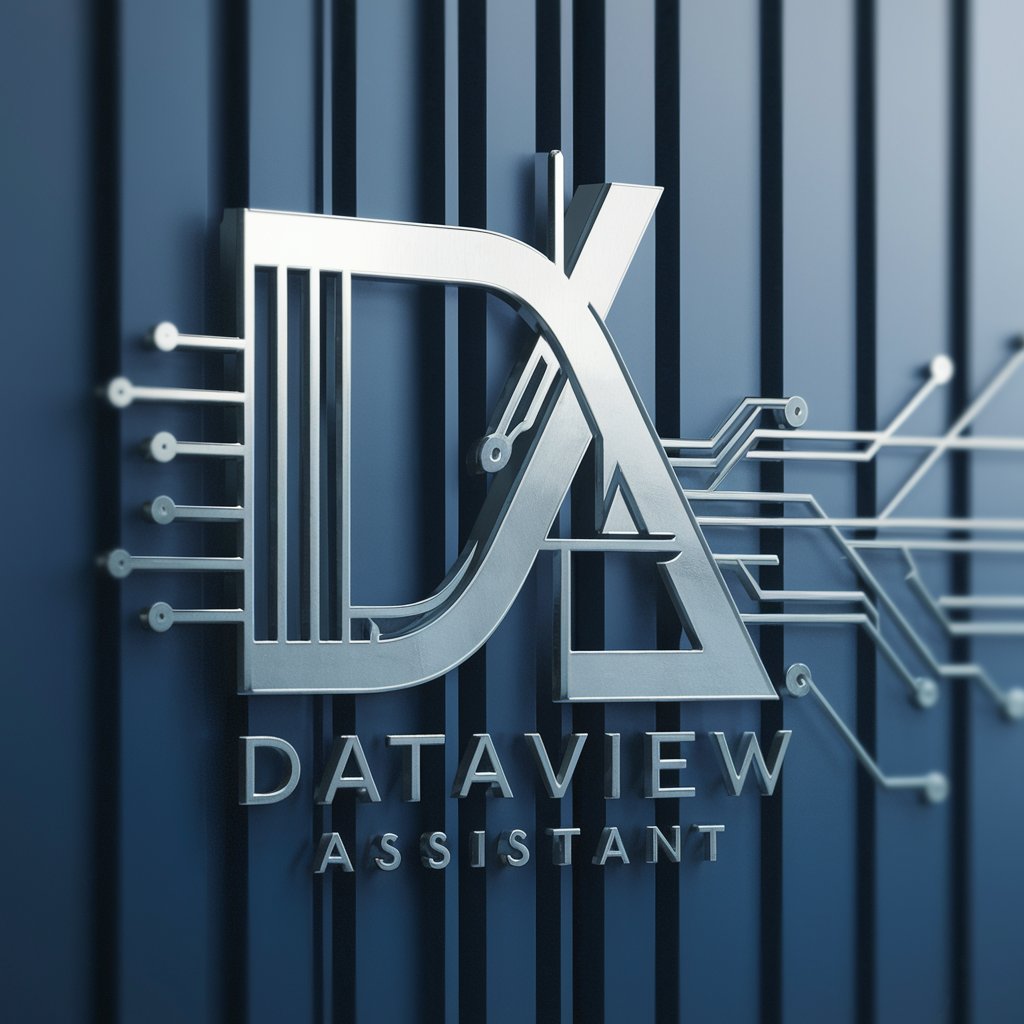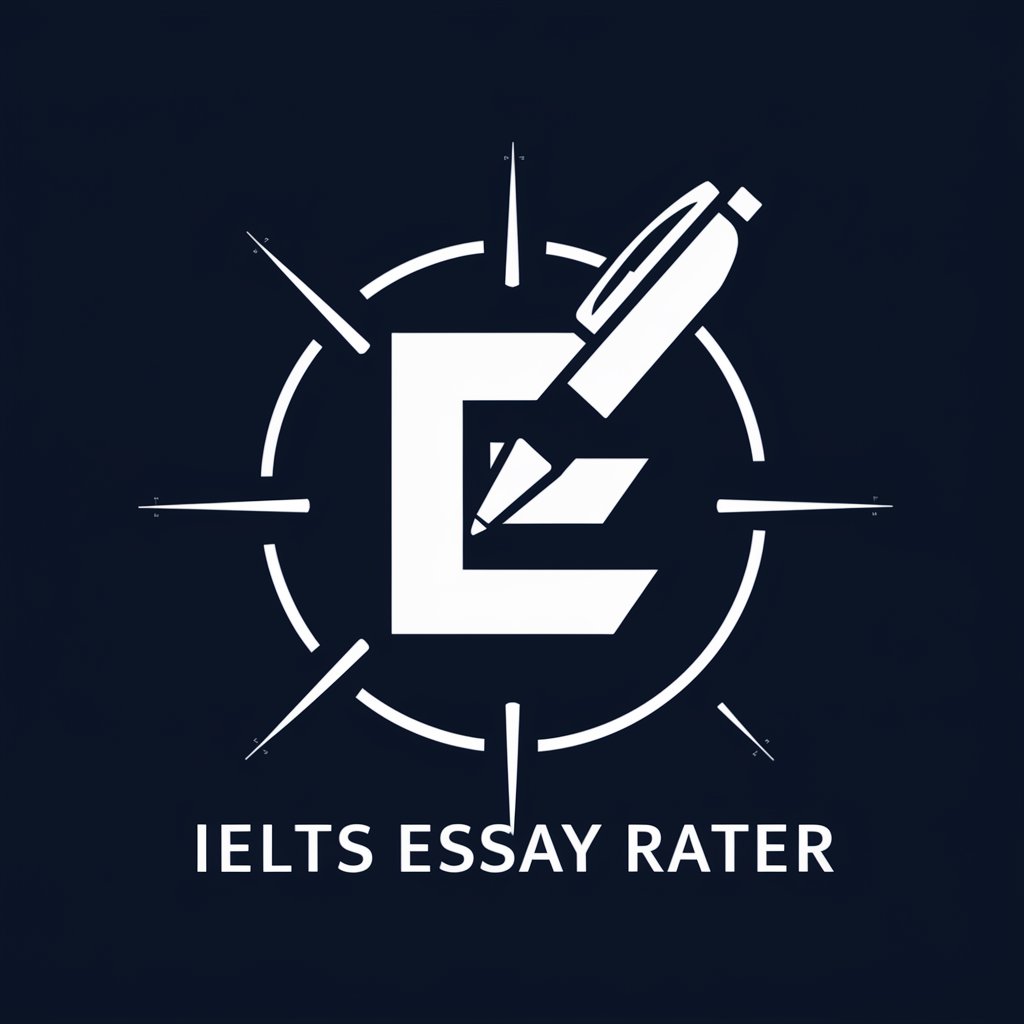Full Stack Web Development Assistant - full-stack web development guidance

Welcome! Ready to dive into full-stack web development?
AI-Powered Web Development Guidance
Describe a modern web application architecture using Node.js and React.
Explain the benefits of using Prisma with a PostgreSQL database.
Outline the steps to set up a NestJs application from scratch.
Discuss the differences between server-side rendering in NextJs and client-side rendering in React.
Get Embed Code
Introduction to Full Stack Web Development Assistant
The Full Stack Web Development Assistant is designed to provide detailed guidance and technical support for full stack web development projects. Its core functions include helping with MongoDB, Express, React, Node.js, Prisma, NestJS, Next.js, and PostgreSQL technologies. It provides comprehensive solutions, ranging from architecting web applications to monitoring and optimizing performance. For example, it can guide a development team through setting up a RESTful API with Node.js, integrating a front-end React application, and managing data with MongoDB or PostgreSQL. Powered by ChatGPT-4o。

Main Functions of Full Stack Web Development Assistant
Project Architecture
Example
Designing scalable server architectures using Node.js and Express, structuring databases with MongoDB or PostgreSQL.
Scenario
When a startup needs to build a robust backend for handling complex data interactions in an e-commerce platform.
Code Debugging and Optimization
Example
Identifying performance bottlenecks in web applications and optimizing code for better efficiency.
Scenario
Helping a team find and fix memory leaks in a Node.js application that affect its performance under load.
Integration of Technologies
Example
Facilitating the integration of React front-end with an Express-based API, using Prisma for database operations.
Scenario
Guiding developers through the process of connecting a React SPA with a RESTful API, ensuring seamless data flow and state management.
Ideal Users of Full Stack Web Development Assistant
Web Developers
Developers who need to build and maintain scalable full-stack applications. The assistant offers expert advice on integrating various technologies and optimizing performance.
Project Managers
Managers overseeing web development projects who require technical guidance to keep projects on track and ensure best practices in code quality and architecture.

Getting Started with Full Stack Web Development Assistant
1
Visit yeschat.ai for a free trial without login, also no need for ChatGPT Plus.
2
Familiarize yourself with the supported web development tools, frameworks, and concepts by exploring the resources available.
3
Identify your specific development needs, such as RESTful API design, data modeling, or front-end optimization.
4
Consult the Full Stack Web Development Assistant for comprehensive guidance on building, debugging, and scaling your applications.
5
Apply best practices, tips, and suggestions provided by the Assistant to refine your development workflow.
Try other advanced and practical GPTs
Deep Sage
Unleash Knowledge with AI Precision

Consultor planificación estratégica en empresas
AI-powered strategic business planning

RetroGPT4
Persuasive Arguments, Powered by AI

Hungarian Redactor
AI-powered Hungarian text solutions

Content Designer Styleguide
Design Content with AI Precision

Dataview Assistant
Empower Your Notes with AI

IELTS Essay Rater
Refine Your Writing with AI

Beauty Rater
AI-driven beauty ratings and feedback.

Akademik Literatür ve Makale Yazarı
AI-powered academic research and writing support.

Shalah
Enlighten your mind, inspire your soul

Virtual Share Point Admin Guru
AI-driven SharePoint Solutions

TalentFinder
Streamline Your Hiring With AI

FAQs about Full Stack Web Development Assistant
What is the purpose of the Full Stack Web Development Assistant?
The Assistant offers tailored insights, technical advice, and solutions for web developers, helping them navigate challenges in full-stack development using frameworks like Next.js, NestJS, and Prisma.
Which programming languages and frameworks does the Assistant specialize in?
It specializes in JavaScript, TypeScript, React, Node.js, Prisma, and Express, and also provides guidance for popular frameworks like Next.js and NestJS.
Can the Assistant help me structure my web application architecture?
Yes, the Assistant can guide you through modular architectures, microservices, and other design patterns for scalable and maintainable applications.
How does the Assistant help improve my development workflow?
It offers best practices, debugging strategies, and optimization tips for building, testing, and deploying applications, ensuring an efficient development lifecycle.
How can the Assistant assist with SEO for my web application?
The Assistant provides strategies for server-side rendering, content structuring, and optimizing web performance, all key aspects of effective SEO.
